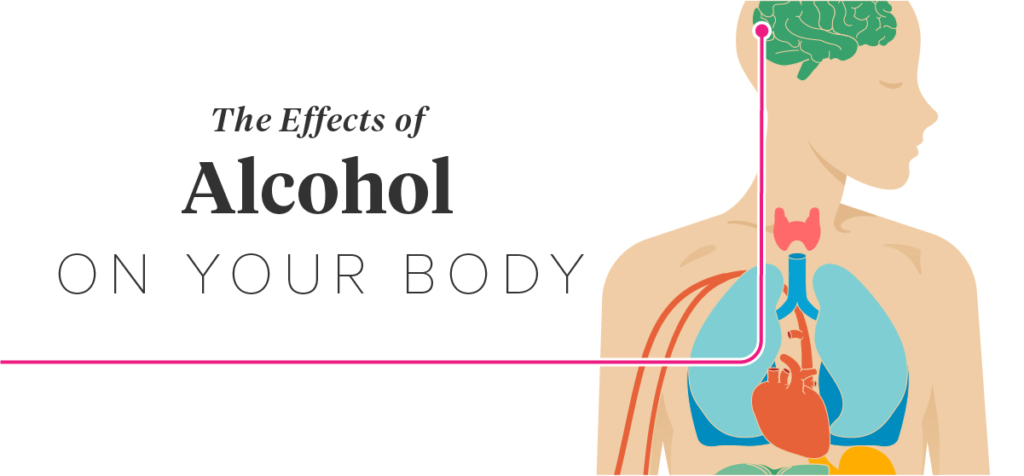
Alcohol, often celebrated in social gatherings and cultural events, is a complex substance with far-reaching consequences for human health. While moderate consumption may seem harmless, excessive or prolonged alcohol use can lead to a myriad of health problems, both physical and mental. This article delves into the intricate relationship between alcohol and health, exploring its short-term and long-term effects on various bodily systems.
Short-Term Effects of Alcohol Consumption
When consumed in moderate amounts, alcohol can have immediate effects on the body:
- Central Nervous System: Alcohol is a central nervous system depressant, slowing down brain activity. This can lead to impaired judgment, coordination, and reaction time.
- Cardiovascular System: Alcohol can initially cause blood vessels to dilate, leading to a temporary feeling of warmth. However, chronic excessive consumption can damage the heart muscle and increase blood pressure.
- Digestive System: Alcohol can irritate the stomach lining, leading to inflammation and ulcers. It can also disrupt the normal digestive process and lead to issues like diarrhea or constipation.
- Liver: The liver is responsible for metabolizing alcohol. Chronic alcohol abuse can lead to liver damage, including fatty liver disease, hepatitis, and cirrhosis.
Long-Term Effects of Alcohol Consumption
Prolonged alcohol abuse can have severe and lasting consequences on various organs and systems:

- Brain: Excessive alcohol consumption can lead to brain damage, including shrinkage of brain tissue and impaired cognitive function. This can manifest as memory loss, difficulty concentrating, and problems with learning and problem-solving.
- Heart: Chronic alcohol abuse can increase the risk of heart disease, including heart attack and stroke. It can weaken the heart muscle, cause irregular heart rhythms, and raise blood pressure.
- Liver: As mentioned earlier, excessive alcohol consumption can lead to liver damage. This can progress to liver failure, a life-threatening condition.
- Pancreas: Alcohol can damage the pancreas, leading to inflammation and reduced insulin production. This can increase the risk of developing type 2 diabetes.
- Immune System: Alcohol can weaken the immune system, making the body more susceptible to infections.
- Cancer: Excessive alcohol consumption is linked to an increased risk of several types of cancer, including mouth, throat, esophagus, liver, breast, and colon cancer.
Mental Health and Alcohol
Alcohol can have a significant impact on mental health. It can exacerbate existing mental health conditions, such as depression and anxiety, and increase the risk of developing new ones. Alcohol can also lead to mood swings, irritability, and difficulty sleeping.
Alcohol Use Disorder

Alcohol use disorder, often referred to as alcoholism, is a chronic disease characterized by compulsive alcohol use, loss of control over drinking, and negative consequences. Individuals with alcohol use disorder may experience physical dependence on alcohol, leading to withdrawal symptoms when they try to quit.
Seeking Help
If you or someone you know is struggling with alcohol abuse, it’s important to seek help. There are many resources available, including:
- Healthcare providers: Doctors and other healthcare professionals can provide diagnosis, treatment, and support.
- Substance abuse treatment centers: These facilities offer a range of treatment options, including detoxification, counseling, and medication-assisted therapy.
- Support groups: Support groups like Alcoholics Anonymous (AA) provide a safe and supportive environment for individuals to share their experiences and receive support from others.
Remember, seeking help is a sign of strength, not weakness. With the right support and treatment, it is possible to overcome alcohol addiction and live a healthy, fulfilling life.Sources and related content
